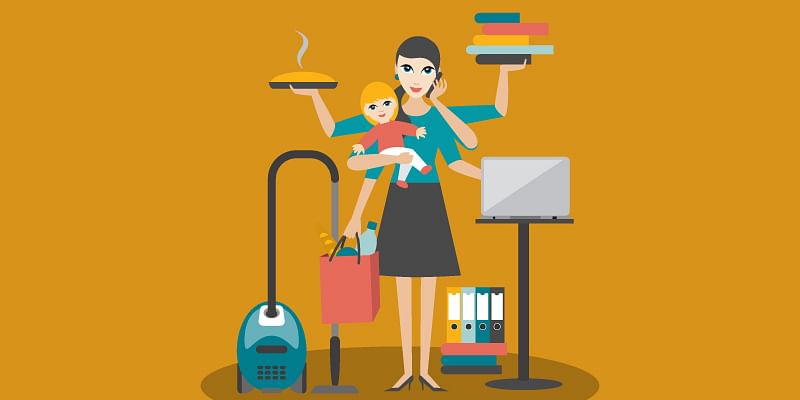By Iylia Marsya Iskandar
Paper, old newspaper and kain batik ” women in urban poor areas are struggling to manage their menstruation by grasping for absorbent material as a substitute for sanitary pads, and the pandemic is posing more burdens for just being female.
“As a female, you are already a vulnerable member of society and being in poverty is another vulnerability added to your identity,” Assistant Professor of Sociology, Dr. Syarifah Fatimah Al-Zahrah Al-Attas from International Islamic University Malaysia, said in an interview. “Women are a vulnerable group because they are susceptible to abuse, marginalisation and discrimination.”
Amid the pandemic, about 50 per cent of Women’s Aid Organisation’s (WAO) ex-clients are mothers who have lost their livelihoods and are struggling to provide basic needs for themselves and their children, said WAO senior capacity building and documentation officer, Syar Said Halim.
“Women facing period poverty also face increased risks of developing infections, which lead to serious health issues. And if they’re already lacking access to funds, housing or health support, this could be very dangerous.
“Combined with a lack of access to health services due to reasons stated above, the effects can be detrimental,” Syar said.
School closures are an additional challenge for mothers and families to navigate.
“This poses a risk to school-age girls who may lag behind in their education and find themselves needing to take on more domestic work at home compared with boys,” Syar said.
With the added responsibility of care work, it is as if women and girls work a third shift daily.
“We don’t put an economic value on care work when in fact
it does have economic value. It keeps society running. Somebody needs to take care of the children, somebody needs to do housework and that’s part and parcel of living, just being a person,” Dr. Fatimah said.
“This disparity has been brought into sharp relief as the burden of domestic care has increased exponentially, with the care needs of older persons and ill family members intensifying. This situation may worsen in 2021, increasing the vulnerability of women and girls,” Syar said.
Period poverty is no small issue amid this pandemic. In an interview with MalaysiaNow, housewife Wan Alifa Wan Izzat, 31, said she was forced to use pieces of cloth or old towels cut into small pieces as a substitute for sanitary pads due to a lack of income.
“I usually buy a small pack of sanitary pads that can last for about three days, but due to the pandemic, my husband cannot afford them any more.”
Dr. Fatimah said urban poor women were using whatever they could get as a substitute for menstrual products, including paper and old newspaper.
When Dr. Fatimah conducted research in schools, it was not surprising to learn that even schoolgirls in urban areas do not have proper disposal areas for sanitary pads, hand soap or enough water to manage their menstruation.
Syar said being located in urban areas, which we might equate with modern facilities and conveniences, did not always mean equal access to the amenities.
Syar and Dr. Fatimah stressed that poverty exacerbates all vulnerabilities.
Not only are urban poor women struggling to meet their basic needs, including menstruation needs, some also live in abusive households, putting tremendous strain on their wellbeing and creating a feeling of hopelessness and helplessness.
Syar said WAO saw a rise of more than a thousand inquiries between January and October last year on gender-based violence or domestic violence via its phone and WhatsApp hotline. WAO received 2,398 inquiries in that period compared with 1,395 inquiries in the same period in 2019.
Syar calls on society to take charge and protect each other.
“We all have a role to play in our communities in ensuring that the most vulnerable are as well taken care of as the most privileged and ensuring all members of our community are safe from violence.
“So we have to seed and nurture attitudes of taking an interest in one another’s wellbeing, open communication with our neighbours and community members and keeping ourselves informed about support services that can be helpful for those in need, especially in cases of violence or urban poverty.” ***
(The article was produced as part of the British High Commission’s Chevening Alumni Mentorship Programme of which the writer participated in. It appeared in today’s edition of New Straits Times – 16 May 2021)
